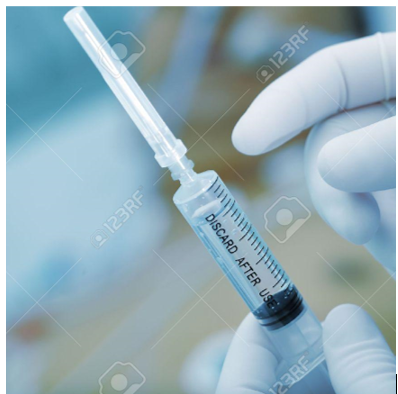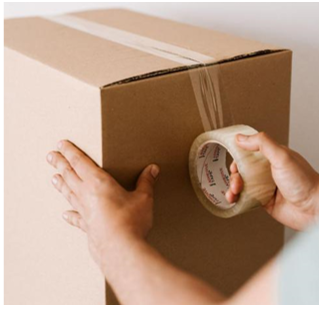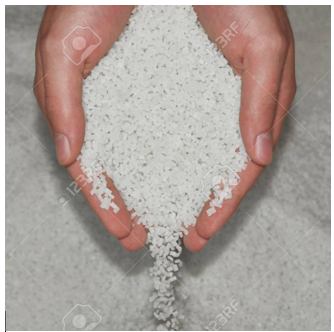Gaia Plas Berhad: Moving Towards ESG & SDG Goals
With Gaia Plas being a prominent player in Malaysia’s plastic manufacturing industry, we see the need to continuously innovate and adapt environmental sustainability practices into our business. The terms SDG (Sustainable Development Goals) and ESG (Environmental, Social & Governance) have been appearing more and more frequently these days when talking about plastic sustainability.
As a group, we are aligned with SDG 9 (Industry, Innovation, and Infrastructure), SDG 12 (Responsible Consumption and Production) and SDG 13 (Climate Action). These SDG goals provide a realistic framework for ESG mapping at a higher level to guide our business plans and expansions. Current and upcoming efforts across the group include the development of biodegradable jerrycans, biohybrid resin, as well as additive manufacturing.
Biodegradable jerrycans
In our effort to innovate towards green technology in the polymer industry, Gaia Plas is working on manufacturing biodegradable jerrycans in the near future. This project aims to incorporate biodegradable additives to the existing fully-HDPE jerrycan formulation to add biodegradable credentials in our productions.

eJau™ biohybrid resin
Our subsidiary company Gaia Greentech has developed an innovative biohybrid polymer resin derived from a combination of palm stearin and polyolefin called eJau™. The formulation of this resin can be customised with up to 40% of renewable plant-based material.
This recyclable resin aims to reduce dependencies on petroleum-based plastic, and can be produced using standard polymer processing technologies such as injection moulding, blow moulding and blown film extrusion. The application of eJau™ ranges from plastic carrier bags to horticultural products and even model making.

Additive manufacturing
With Gaia Pebbles, we provide additive manufacturing and reverse engineering service technology as a transformative approach to industrial production. Additive manufacturing (AM) or also known as 3D printing, is in the early stage of adoption in the plastic industry. The nature of the technology allows a new way of thinking in terms of the social, economic, environmental and security implications of the manufacturing process.

AM allows rapid manufacturing of prototyping, enhances productivity, and makes it easier to create unique products. In return, it lowers manufacturing costs and carbon dioxide emissions from the process and helps plastics manufacturers minimise carbon footprint.
Gaia Plas strives to innovate in both manufacturing technologies and products development in order to stay relevant and get to the forefront of the industry. Visit www.gaiaplas.com for more about Gaia Plas.




